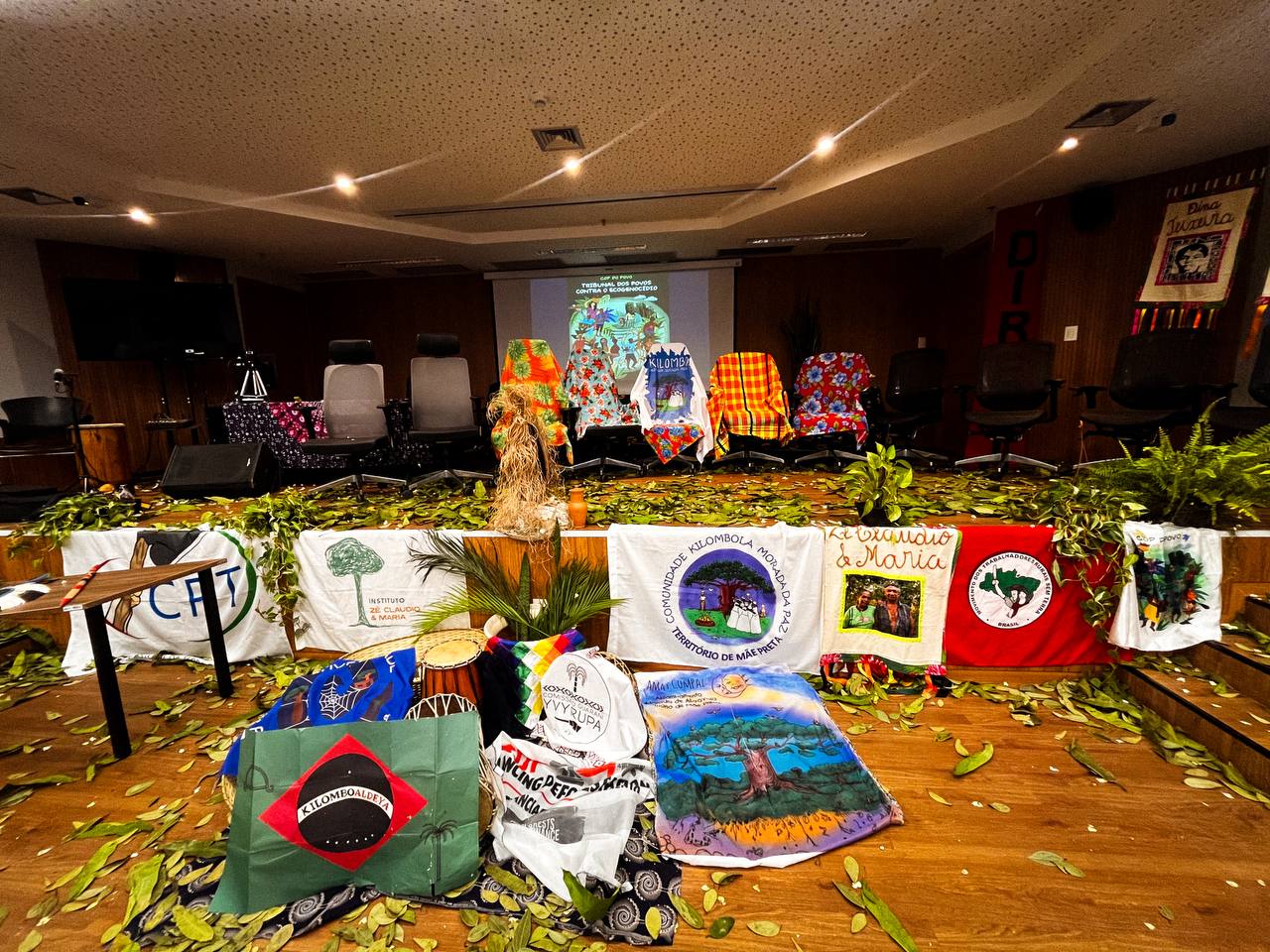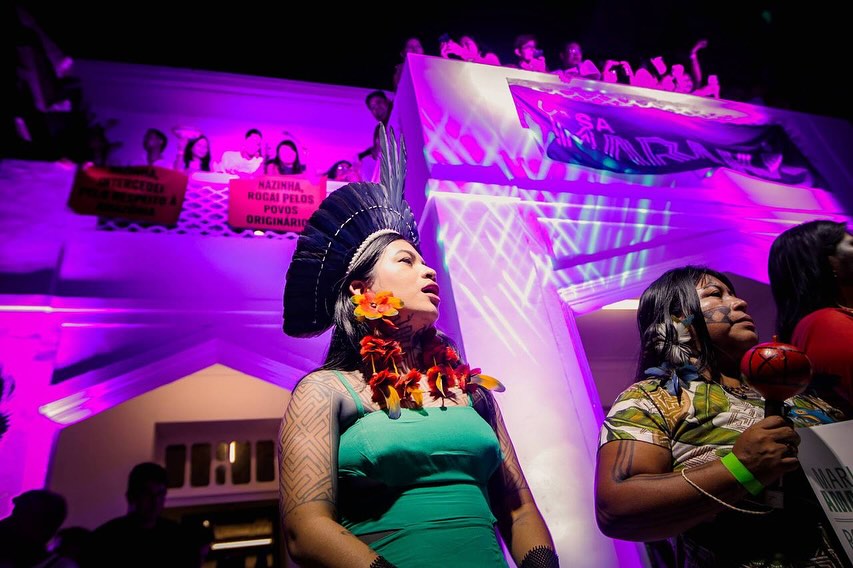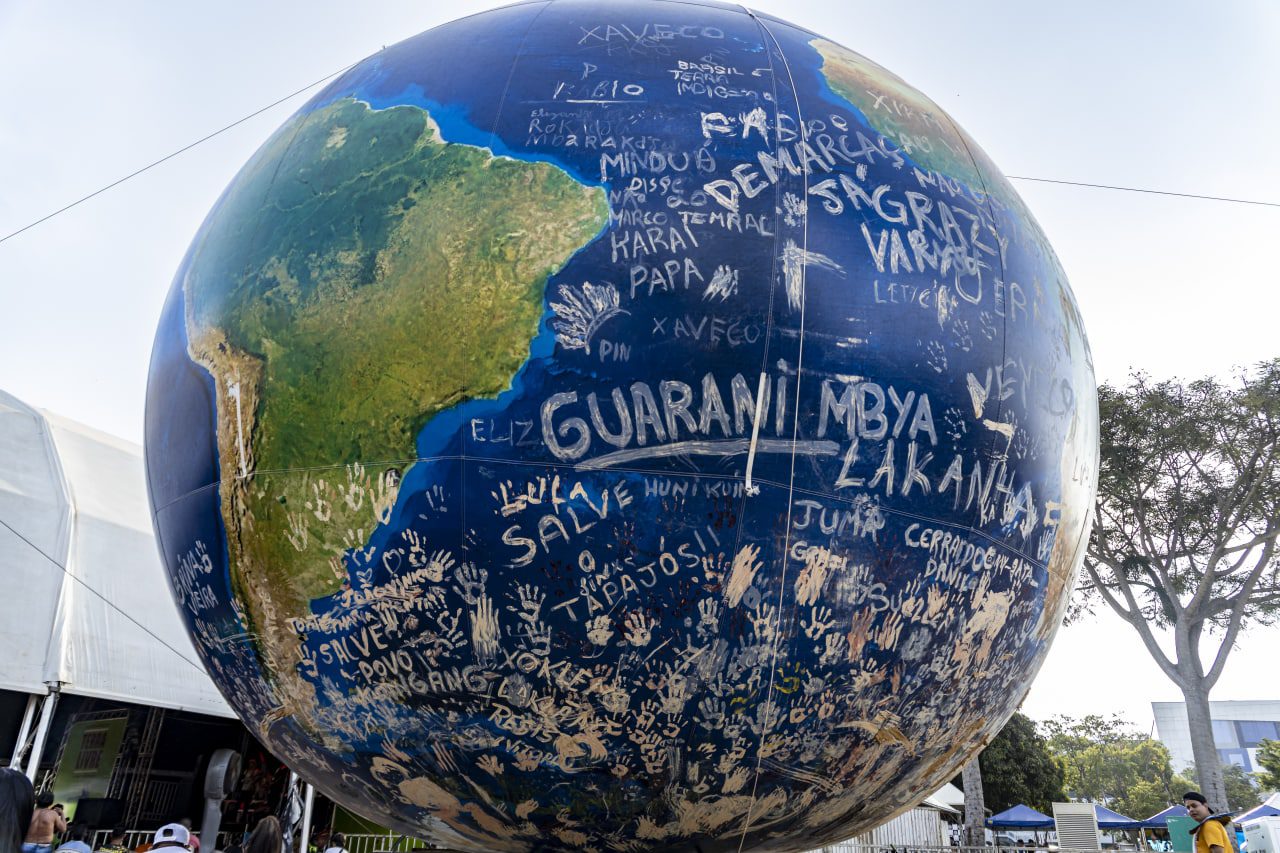European Union: 10 facts to keep an eye on it on 2022
Facing the pandemic, elections in several countries, migration crisis and energy crisis are some of the items that are on the agenda of the European Union in 2022. Learn more!
By Domiziana Marinelli for the EU Correspondent Project
In the European Union (EU), 2022 began with an ongoing migration crisis across borders and the emergence of a new wave of Covid-19, faced by a strong international vaccination campaign that will also include Brazil. While people fear rising electricity bills (already 450+%) and blackouts due to the current energy crisis, politicians in France and Hungary are preparing for elections, which will have an impact on EU policies.
The EU institutions are awaiting the 2022 Brazilian elections to advance the EU-Mercosur agreement, as they plan to implement the European Union’s Green Agreement in 2022, the bloc’s main current policy on climate change that includes a broad set of policies and regulations (trade , forests, food, agriculture, corporate responsibility, etc.) that, by extension, will impact Brazil and other international partners.
Find out more about what to keep an eye on at the EU level in 2022!
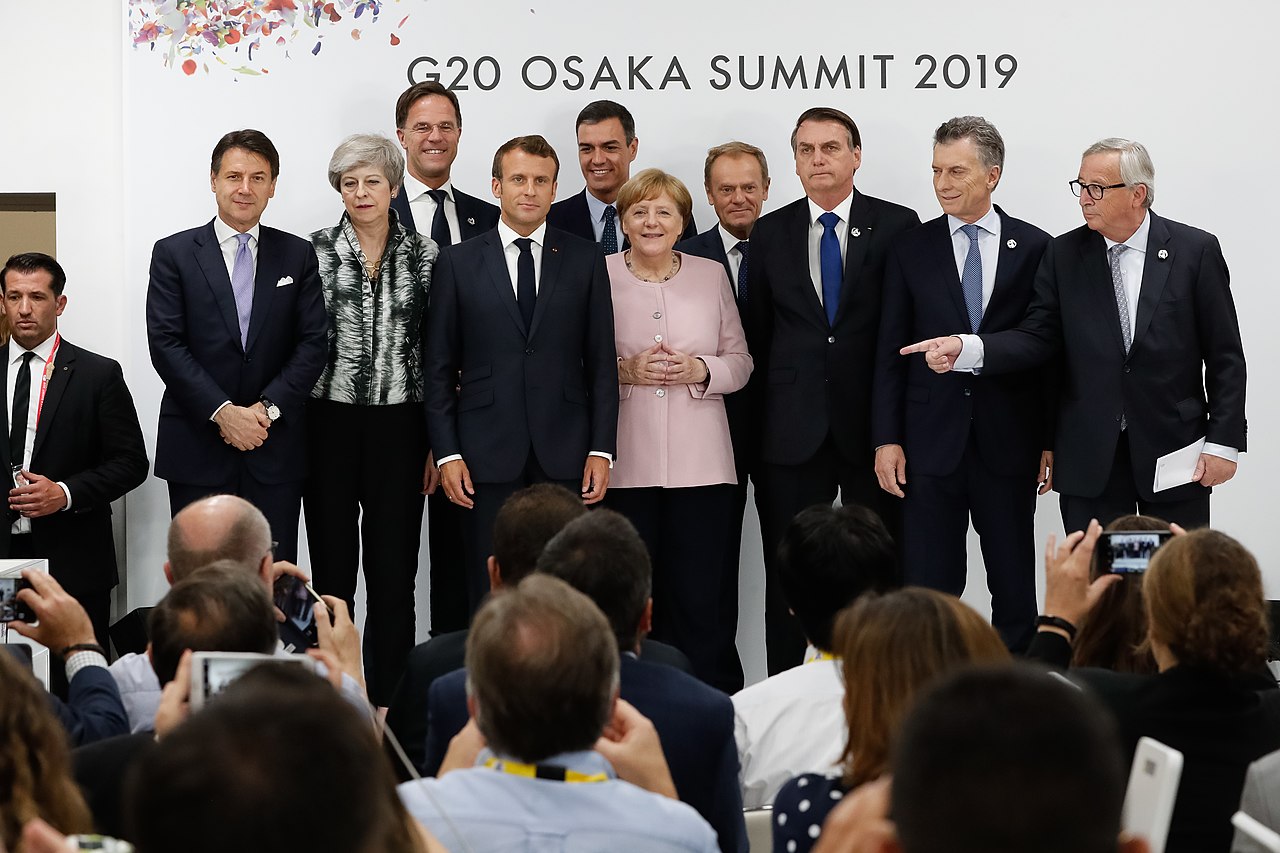
Press Conference after meeting that discusses EU-Mercosur agreement Foto: Alan Santos / PR
1- EU-Mercosur trade agreement update
The EU-Mercosur free trade agreement has yet to be ratified by EU Member States to be operational, and these, in addition to agricultural producers, forestry activists, environmental NGOs and part of EU politicians, reaffirmed their opposition to the agreement as it is. The 2022 Brazilian elections could determine a radical change of trajectory if Bolsonaro loses the elections.
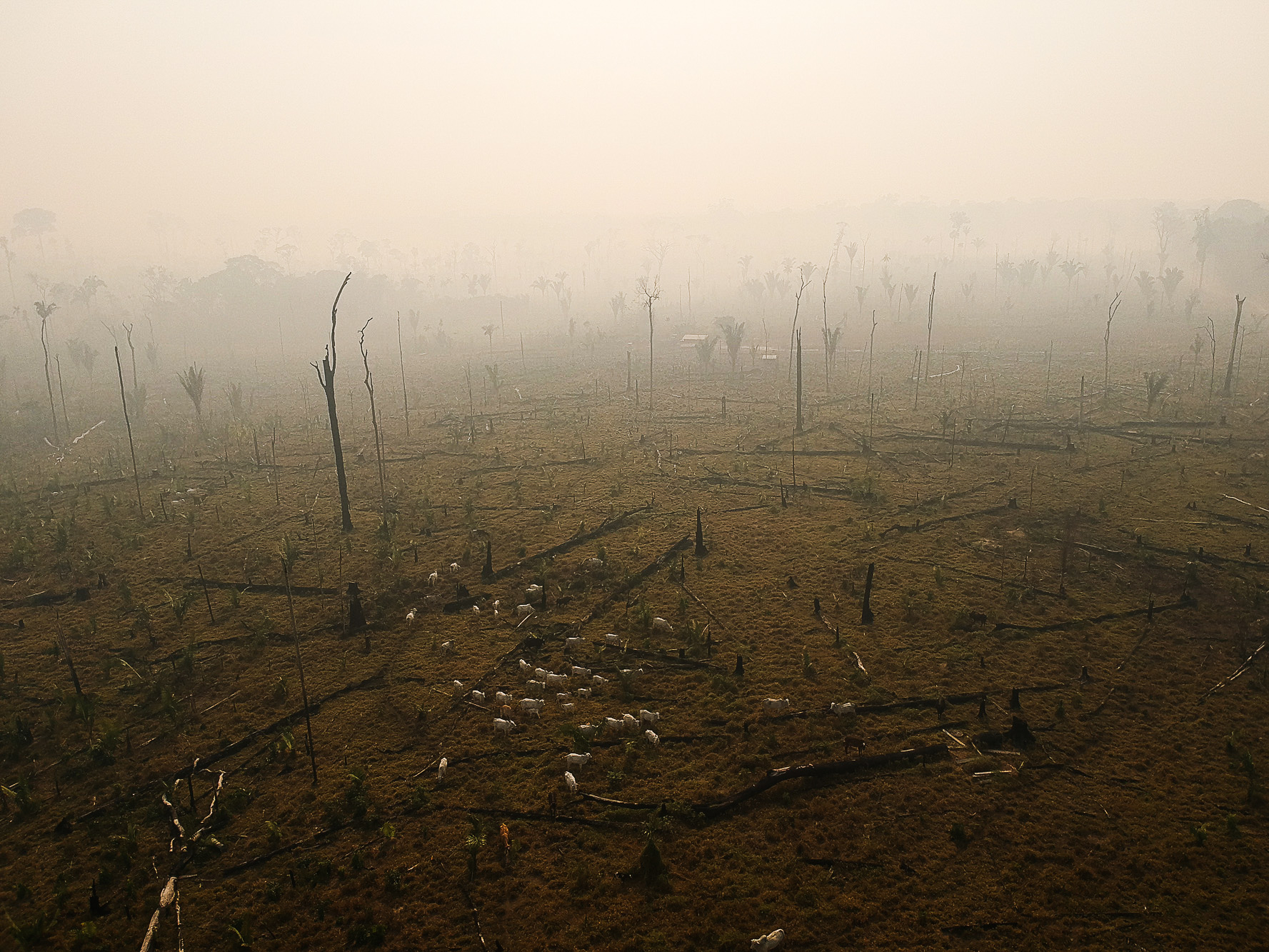
Cattle is seen in deforested area in Apuí city, Amazon state Photo: Bruno Kelly/Amazônia Real.
2- The proposed European Union Regulation on Deforestation
Shortly after the end of COP26, the EU Commission issued a proposal to regulate the Deforestation Laws with the aim of promoting international trade in products free from deforestation. This could restrict the entry of products linked to this practice into the EU and represents a crucial moment in the battle for human and environmental rights. Throughout 2022, the EU Parliament and the EU Council will have to vote on it.
3- The EU strategy to support the vaccination campaign in Brazil
The EU aims to share at least 700 million vaccine doses by mid-2022 with low- and middle-income countries. Almost 4 million vaccines have already arrived in Brazil through the COVAX instrument and the international transfer of technology between AstraZeneca and Fiocruz will allow the production of 60 million vaccines, part of the 120 million that promise to be supplied in the first half of 2022. However, Doctors Without Borders points out that although the EU promotes vaccine donation commitments, only a fraction of the doses needed were actually shared. Another problem is the EU’s refusal to unlock patents.
Grupa migrantów znajduje się obecnie w okolicach Kuźnicy pic.twitter.com/w5VxXp9QqQ
— Ministerstwo Obrony Narodowej 🇵🇱 (@MON_GOV_PL) November 8, 2021
4- Migrant crisis at the borders and the “green lights initiative”
2022 starts with the migrant crisis across Europe and border problems also due to Covid. A dramatic case is still happening on the eastern border between Belarus (not an EU Member State) and Poland (an EU Member State). In November, Poland closed its borders, leaving more than 15,000 people outside in sub-zero temperatures. People started the “green light initiative” which consists of putting a green light on the window to let outsiders know that they are welcome and can be welcomed. Another shameful episode in EU history. In January of this year, Polish contractors began work on a new 353 million euro (US$ 407 million) wall along the border with Belarus, intended to prevent the passage of refugees following the crisis in the area last year. The 5.5-meter-high wall will extend 186 kilometers from the border – nearly half the total length – and is due to be completed in June.
5- Energy crisis still ongoing in the EU
During 2021, an energy crisis led the bills to skyrocket up to more than 450% in European Union countries, and it is expected to increase further in 2022. This crisis is due to events such as extreme weather, gas shortages and a limited production of green energy. Two diplomatic clashes are now at the heart of this situation. To the east, Germany and Russia dispute over the Nord Stream II pipeline, while on the west side, Algeria cuts off its flow to Spain after a dispute with Morocco.
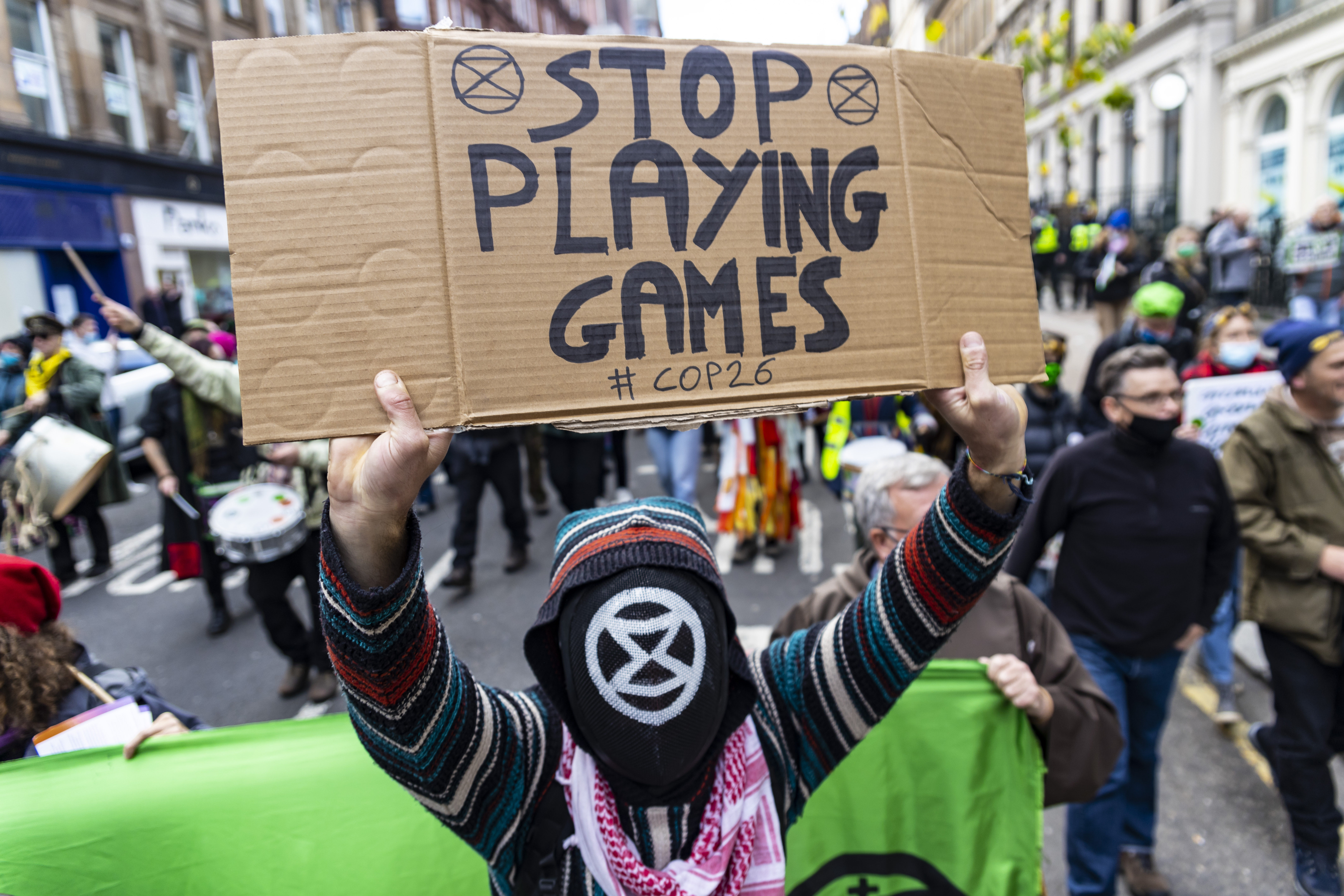
Extinction Rebellion demonstration in Glasgow during COP26 Photo: Oliver Kornblihtt / Mídia NINJA / #COPCollab26
6- Next steps for climate justice after COP26
COP27 will take place in Egypt (7-18 November 2022) in Sharm el-Sheikh, and because of that the COP27Coalition will be created throughout 2022, taking on the responsibility of giving space and visibility to social movements, NGOs, researchers, activists and media. In April 2022, Extinction Rebellion activists plan to mobilize two million people in the UK for mass civil disobedience strikes.
7- The EU Green New Deal
During 2022, the European Union will implement the “EU Green Deal”, a broad set of policy initiatives led by the EU Commission with the aim of achieving climate neutrality by 2050 and reducing greenhouse gas emissions to 55% by 2030. , compared to 1990 levels. This implies that all EU climate laws need to be modified, in line with the “Fit-for-55 Strategy”.
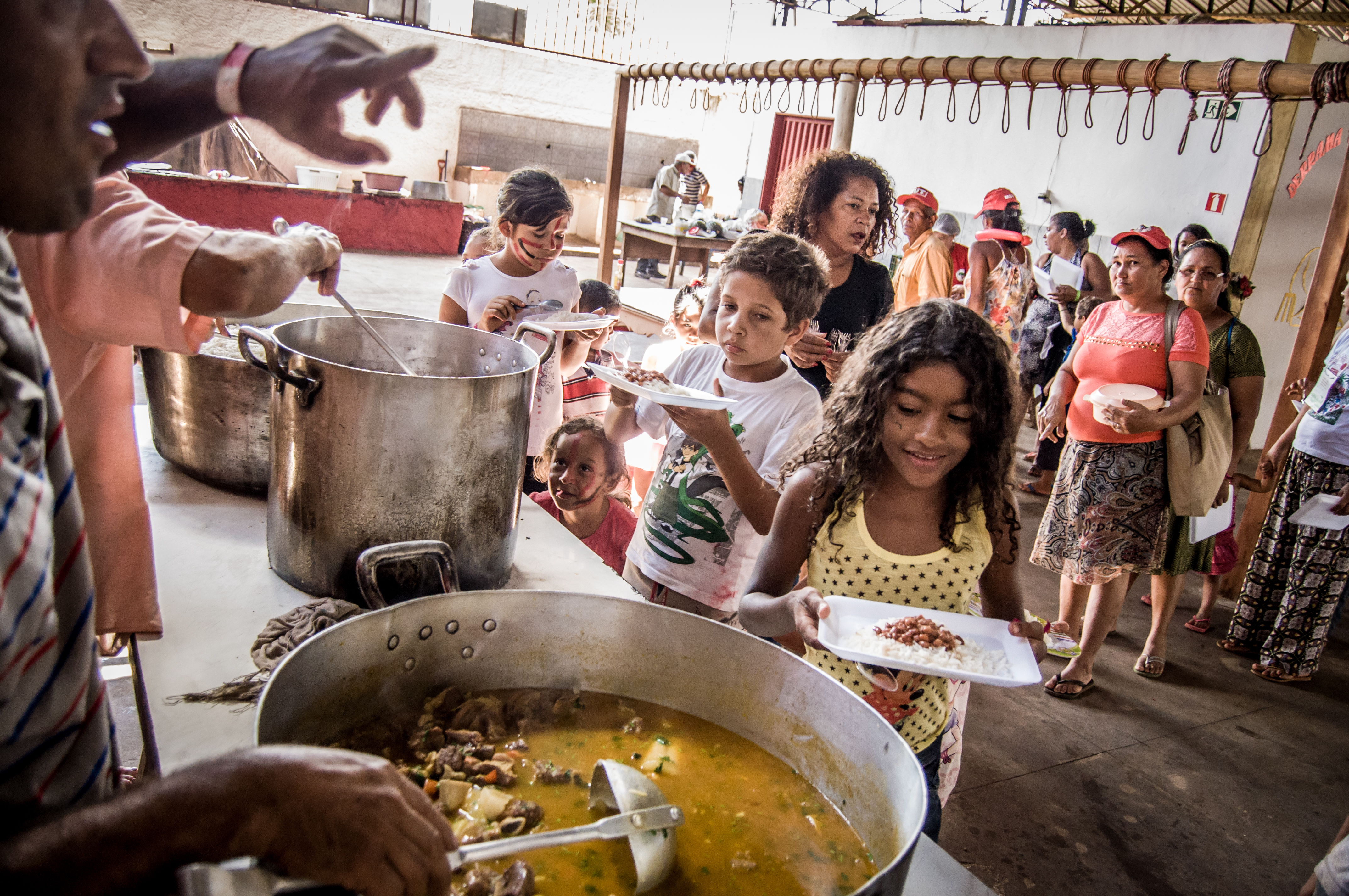
Children and adults being served on 1st Fair Circuit and Cultural Shows of Land Reform Photo: Mídia NINJA
8- Food security and trade, the EU and its “Farm 2 Fork Strategy”
The Farm to Fork Strategy aims to regulate EU food systems and pays attention to regulation on pesticides, workers’ rights, climate change, animals, etc. The strategy has an external dimension that is important because it recognizes the impact that Europe’s agricultural and food system has on the production of other countries, such as Brazil.
9- EU Trade policy and sustainable development chapters review
As part of the overall plan to review and adapt its law to the EU Green Deal, in 2022 the EU will be considering revising also all of the trade and sustainable development chapters, present in each free trade agreement and where provisions for the environment and human rights are discussed but still without being enforceable.
10 – EU Elections : Portugal, France, Hungary and other european elections in 2022
2022 will be the year of elections in several European Union countries. With extreme right parties threatening to advance, the elections in Portugal, France and Hungary are expected to have a strong impact on EU policies on issues such as migration, EU borders and energy. In 2022, France will also have the presidency of the Council of the European Union, while in Hungary Viktor Orban, far-right prime minister since 2010, faces for the first time a united front of opposition (liberals, ecologists, social democrats, left) . The elections in Portugal took place on January 30th, electing the Socialist Bloc with a massive majority, but also with a strong rise of the right in the country.

